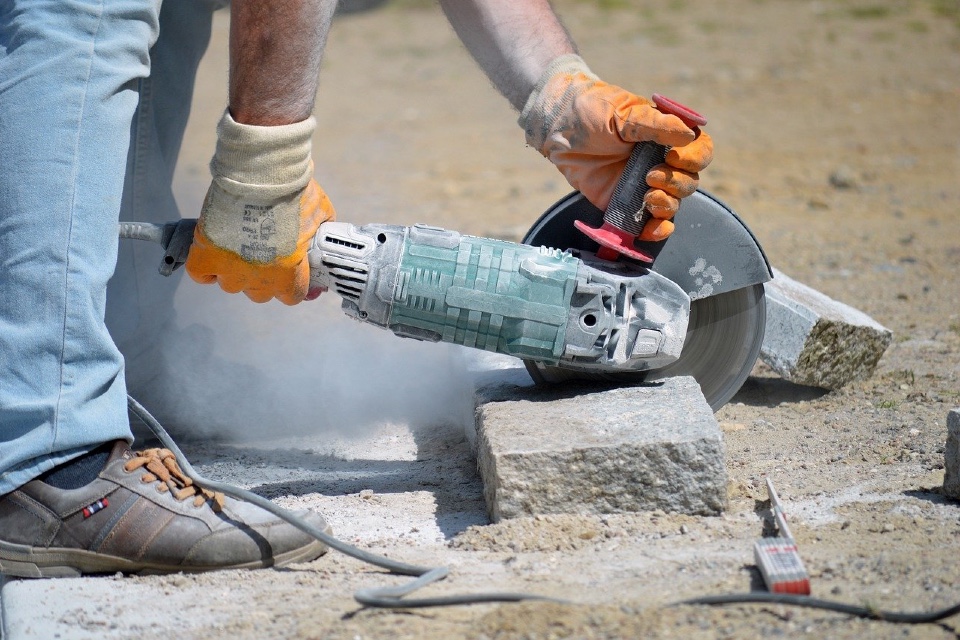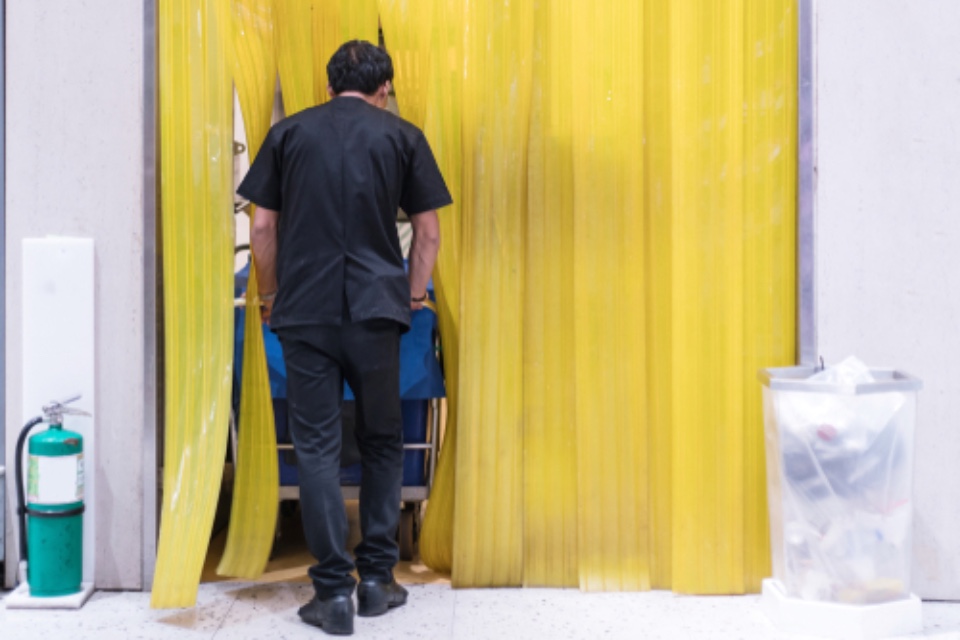With flexible working now becoming much more common since lockdown, the Building Controls Industry Association (BCIA) says staff will expect their employers to take the necessary steps to ensure their normal place of work is a comfortable environment, particularly in periods of extreme temperatures like we have witnessed this summer.
It also says that in an age of greater scrutiny on corporate ESG (environmental, social, governance), there are multiple benefits to be gained by investing in smart technology that will help organisations meet ESG criteria.
ESG criteria are a set of standards for a company’s behaviour used by socially conscious investors to screen potential investments. Environmental criteria consider how a company safeguards the environment, including corporate policies addressing climate change, for example.
Social criteria examine how it manages relationships with employees, suppliers, customers, and the communities where it operates, and governance standards ensure a company uses accurate and transparent accounting methods, pursues integrity and diversity in selecting its leadership, and is accountable to shareholders.
When thermometers hit 40°C in parts of the country in mid-July commuters were advised not to travel as rail networks operated reduced services, warnings were issued about the state of road surfaces affecting drivers and businesses asked some employees to work from home where possible to make conditions more bearable in their workspaces.
BCIA President Graeme Rees said: “Whether a workplace is sparsely or densely occupied, we have buildings throughout the country, old and new, that could be managed better, and the long-term benefits of investing in smart buildings is becoming clearer every day.
“From an environmental perspective, in a true smart building, if the technology is correctly designed, installed, commissioned and maintained it can help reduce energy consumption and spend and in doing so reduces carbon emissions. Companies can also provide the measurement and report the data to be able to illustrate their case to corporate shareholders.”
As technology continues to evolve, there is an increasing focus on the wellness of individuals in the workplace, as well as the drive for smarter buildings which help boost productivity. Graeme believes this summer will serve as another catalyst for making our buildings more energy efficient and comfortable to work in.
Rees added: “From the social angle, in the 21st century it is perfectly reasonable that we expect better conditions in the buildings we occupy. We have the technology available to us, and while your average modern family saloon car is given all the mod-cons to increase our comfort when driving, we arguably spend more time at work, so should we not be comfortable there, too?”







